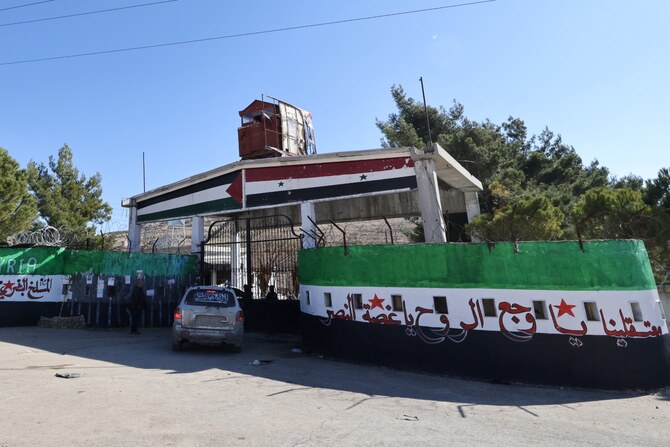DUBAI: Laboratories and clinics in Saudi Arabia and the UAE have made bids for a new accelerated testing system that could lead to the early detection of COVID-19.
The two Gulf countries joined Austria in their preliminary bids for the purchase of more than 500,000 kits.
The announcement comes after the system was granted funding by the Supervisory Board of the Russian Direct Investment Fund (RDIF), Russia’s sovereign wealth fund and could be ready by April, 2020.
“From the very beginning of the spread of the virus, RDIF, together with international partners, has been actively searching for the most effective technologies and methods for controlling coronavirus,” Kirill Dmitriev, CEO of RDIF.
“The activities of the Centre of Expertise will make it possible to quickly find the best methods, which will significantly reduce the time of diagnosis and help scale the most effective world practices.”
And he said the network of international partnerships with the leading investors around the world “strengthened RDIF’s expertise on the best world practices in various fields, including the combat against coronavirus, and enables the promotion of successful Russian technologies in international markets.”
The system uses special technology that helps to accelerate the detection of coronavirus without the need for a stationary laboratory, within 30 minutes.
“This express testing system reflects successful cooperation between Russian and Japanese companies and scientists,” a statement from the RDIF explained.
“Full scale use of the testing system is expected in April 2020.”
The system has been adapted so that it can be used in fixed and mobile lab environments – small enough to fit in a suitcase and can therefore be used anywhere, including hospitals and public institutions.
“Large-scale use of the system will help prevent the spread of coronavirus infection through the rapid detection of infected individuals,” the statement added.
It went on to explain that the early detection will increase the effectiveness of treating infected people.
“According to RDIF’s analysis of the best technologies for testing for coronavirus, this technology is the most advanced.”
Russian-Japanese tests on the system began at the start of March, 2020 in the Vector scientific center of the Federal Service for Surveillance of Consumer Rights Protection and Human Wellbeing (Rospotrebnadzor).
The RDIF is promoting the technology in foreign markets, and the developed system is undergoing an accelerated certification process and obtaining the necessary permits in Europe, Asia and the Middle East.





















